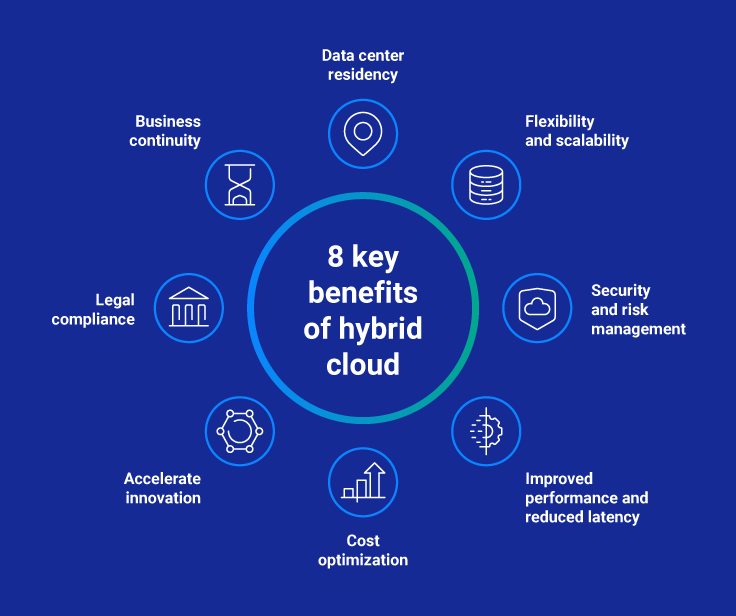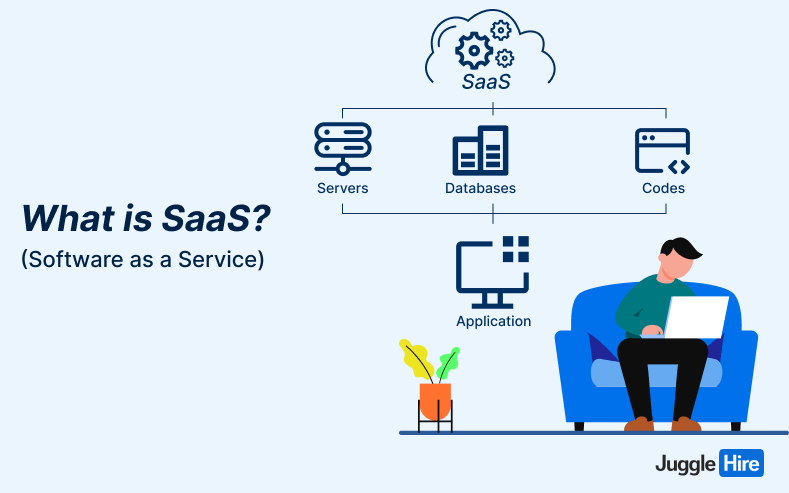5 Key Benefits of Hybrid Cloud Computing Solutions

In today's digital age, businesses are constantly seeking ways to optimize their IT infrastructure, enhance flexibility, and reduce costs. One of the solutions that has gained considerable attention is hybrid cloud computing. This innovative approach combines the best of both worlds, offering a blend of on-premises, private, and public cloud environments. Here are five key benefits of adopting hybrid cloud computing solutions:
1. Cost Efficiency and Scalability

One of the most compelling reasons businesses turn to hybrid cloud is for its cost efficiency. By allowing companies to manage their workloads between public and private clouds:
- They can scale resources according to demand, without the need for significant upfront capital expenditure on physical hardware.
- Businesses can leverage the pay-as-you-go model of public cloud for peak loads while maintaining the consistency and security of a private cloud for core operations.
2. Enhanced Security and Compliance
Hybrid cloud computing enables companies to enhance their security posture and comply with various regulations more effectively:
- Sensitive data can be kept within the confines of the private cloud, reducing the risk associated with data breaches.
- It provides a segregation of duties where the public cloud can be used for less sensitive or non-critical data, allowing for better control over data access.
3. Flexibility and Agility

Hybrid cloud solutions offer the flexibility to:
- Move applications between clouds as needed, ensuring optimal performance without dependency on a single environment.
- Businesses can quickly adapt to market changes by easily scaling computing resources up or down, responding to business fluctuations with agility.
4. Disaster Recovery and Business Continuity
Ensuring business continuity in the event of a disaster is critical. Hybrid cloud solutions:
- Offer real-time data replication between on-premises and cloud environments, which means critical data is always available.
- Provide a cost-effective disaster recovery solution by using public cloud resources for recovery operations without maintaining a separate, expensive disaster recovery site.
5. Innovation and Legacy System Integration

Perhaps one of the less discussed but equally important benefits is the ability to integrate and innovate:
- Hybrid clouds allow companies to modernize their infrastructure gradually without disrupting existing legacy systems.
- Businesses can leverage cloud-native technologies for new projects, enabling faster time-to-market for new features and applications.
💡 Note: Hybrid cloud setups require strategic planning to ensure seamless integration between private and public clouds. Considerations include workload analysis, data transfer costs, latency, and compliance with industry-specific regulations.
Hybrid cloud computing solutions represent a strategic advantage for modern enterprises looking to maximize their IT infrastructure's potential. By providing a balance between control, scalability, and cost management, hybrid clouds allow companies to navigate the complexities of the digital landscape with increased efficiency and resilience. This adaptability not only fosters innovation but also ensures that businesses can maintain their competitive edge by leveraging the benefits of both cloud models.
What is hybrid cloud computing?
+
Hybrid cloud computing integrates on-premises, private cloud, and public cloud environments, allowing data and applications to be shared between them, giving businesses greater flexibility and more data deployment options.
How does hybrid cloud improve security?
+
Hybrid cloud allows for sensitive or core data to remain in a secure private environment while leveraging the scalability and cost-effectiveness of public clouds for less sensitive operations, thus enhancing overall security and compliance.
Can hybrid cloud solutions integrate with existing infrastructure?
+
Yes, one of the main advantages of hybrid cloud is its ability to integrate with legacy systems, allowing businesses to modernize their IT environments incrementally without significant disruption.
What are the cost considerations for implementing hybrid cloud?
+
Initial setup costs can include hardware for private cloud, software licensing, and potential consultancy fees. However, ongoing costs can be managed through public cloud services, enabling scalability and reducing long-term capital expenditure.
How does hybrid cloud support disaster recovery?
+
Hybrid cloud provides robust disaster recovery by allowing real-time data replication between environments. In the event of a failure, systems can quickly failover to the public cloud, ensuring business continuity with minimal downtime.
Related Terms:
- Disadvantages of hybrid cloud
- Hybrid cloud advantages and disadvantages
- Advantages of community Cloud
- Characteristics of cloud computing
- What is Cloud Computing replacing
- Edge computing challenges



